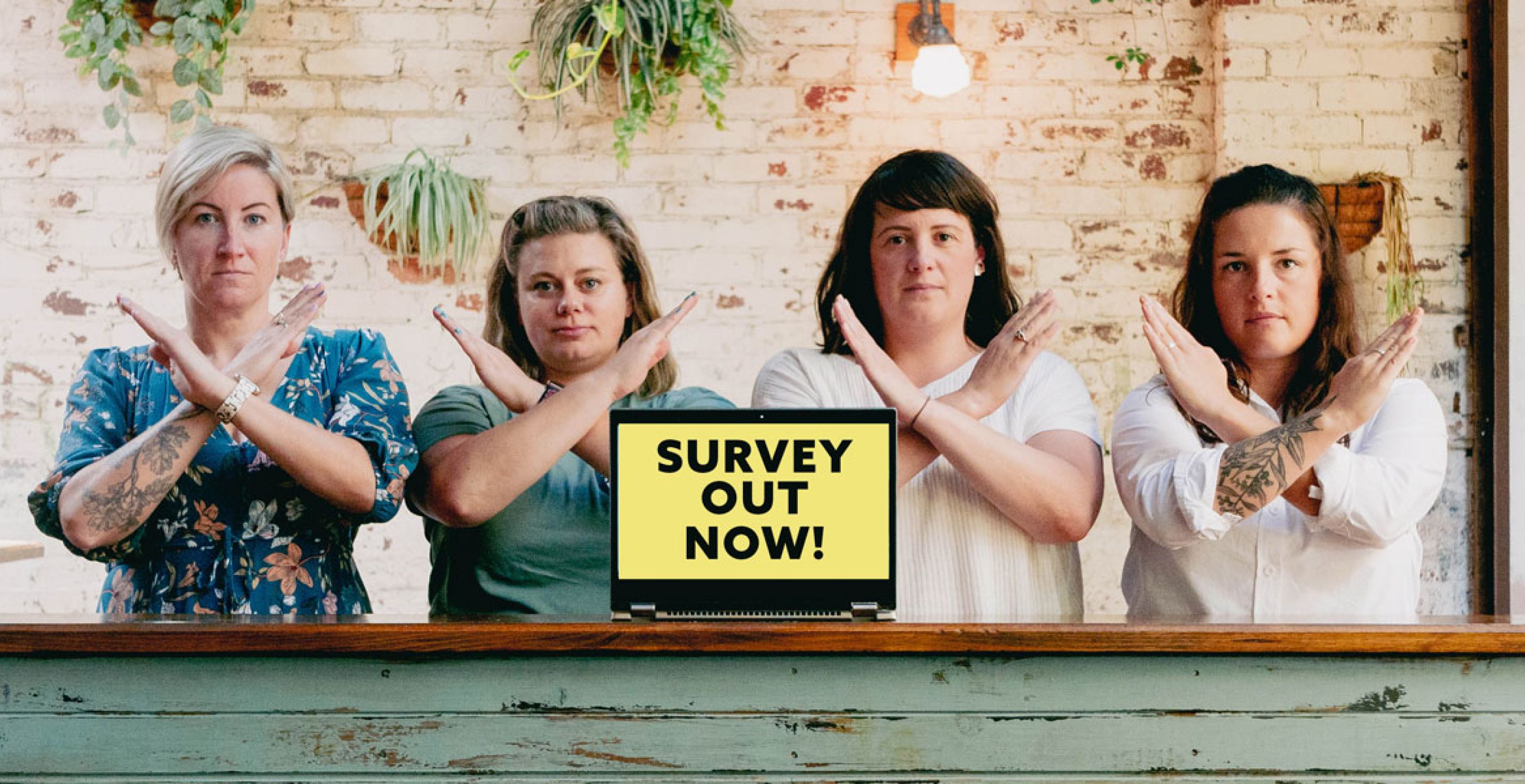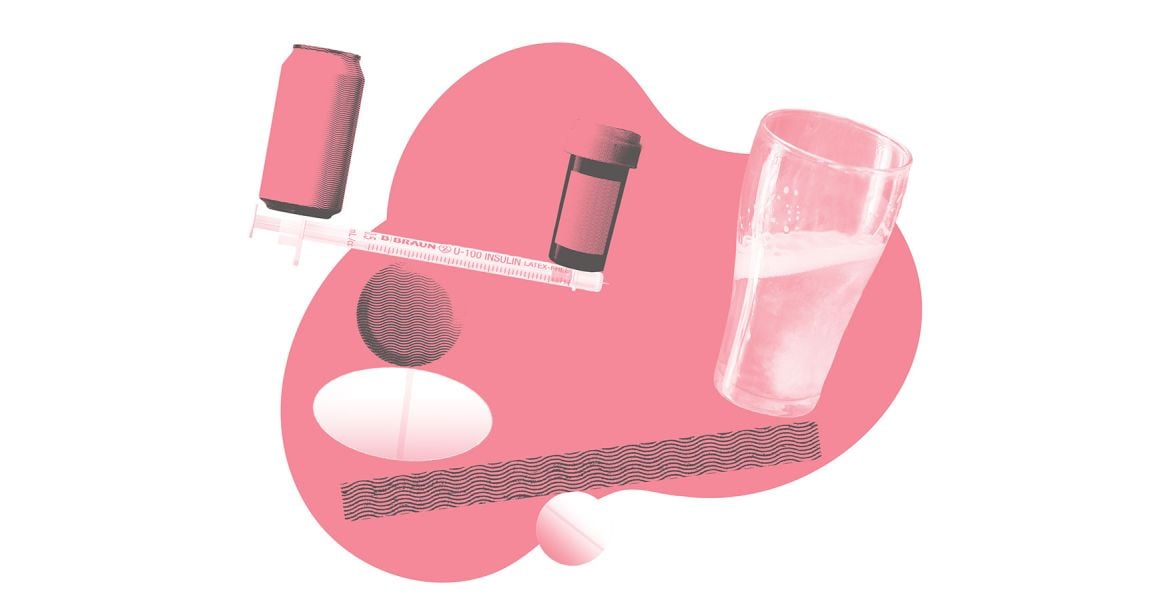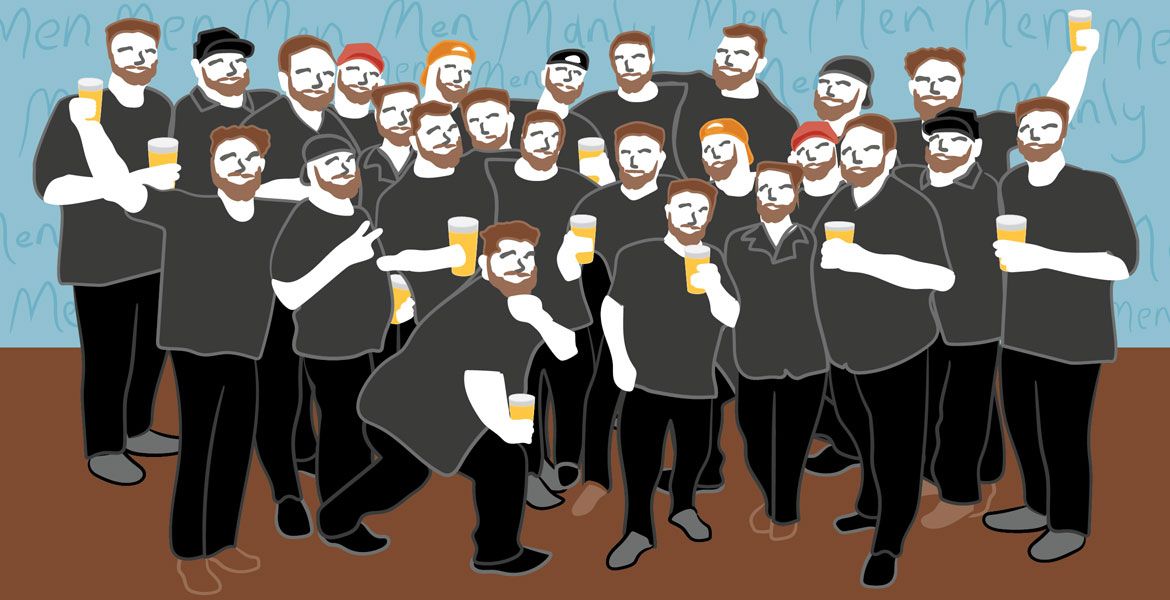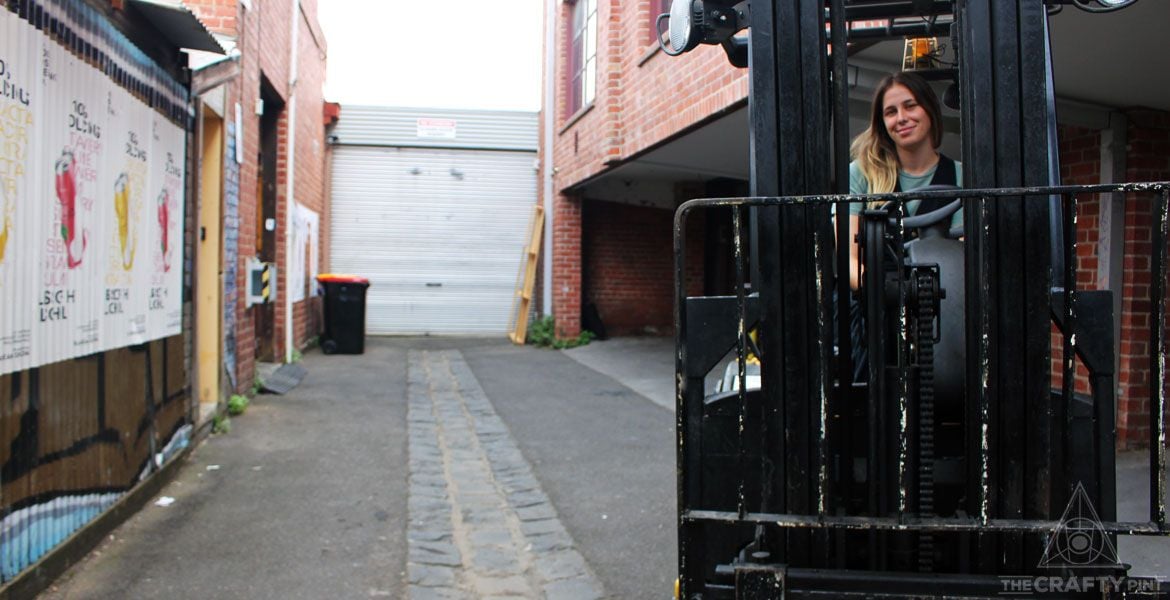Beer Agents For Change, formed last year by a group of beer industry professionals in the wake of the craft beer world's #MeToo reckoning, have today launched their second Diversity Survey. As with the inaugural survey in 2021, the aim is to put together a snapshot of people's experiences in the beer industry with a particular focus on diversity, inclusivity and discrimination.
The results of the first survey, published in November last year, highlighted a lack of diversity, both in terms of ethnic diversity as a whole and gender diversity in senior roles; and of the 220-plus who responded, almost two in five said they had experienced abuse or harassment in the workplace. The intention is to issue the survey every year in order to track progress.
Speaking to The Crafty Pint ahead of the launch, one of the group's founders said: "The survey is really important as it allows us to benchmark the state of things to see if there's any change, and also drive change in the right direction. The more people answering the survey will mean we can better benchmark.
"We're also putting together a code of conduct for events – large and small – that will cover both punters and staff. A lot of festivals do have them in place, but not all."
In the 11 months since the results were issued, the group has been working to provide a more inclusive space for all within craft beer through four pillars: internal training and guidelines, a united industry front, third party reporting, and commitment to inclusivity. They're close to establishing Beer Agents For Change as a not-for-profit, which would allow them to receive donations and invest in areas such as setting up a third party reporting system, and also issuing a pledge for diversity and inclusion.
The 2022 survey features a couple of changes, partly so the data they receive can more easily be benchmarked year to year, and partly in response to feedback they received from respondents last year.
"We've been able to talk to a lot more people in the past year, to get out and meet more people in person, to field some questions, and be part of panels [on the topic]," the spokesperson said.
"We're trying to see if this is what the industry wants to see change. In a lot of cases, people were so quiet, even when we released the results from last year.
"The reality is that these things are happening whether we're reporting it or not and we won't be able to change it for the better unless we confront it face on. Not talking about it doesn't make it go away."
The survey is open to anyone in the Australian beer industry – business owners and employees in all roles, whether that's brewing, hospitality, accounting, marketing, design, repping and so on. Data collected is anonymous, and will be consolidated and shared in a report later in the year.
COMPLETE THE 2022 DIVERSITY SURVEY HERE
If any organisations are interested in supporting the Beer Agents For Change, they'd love to hear from you at beeragentsforchange@gmail.com.au. You can also follow them on Instagram.
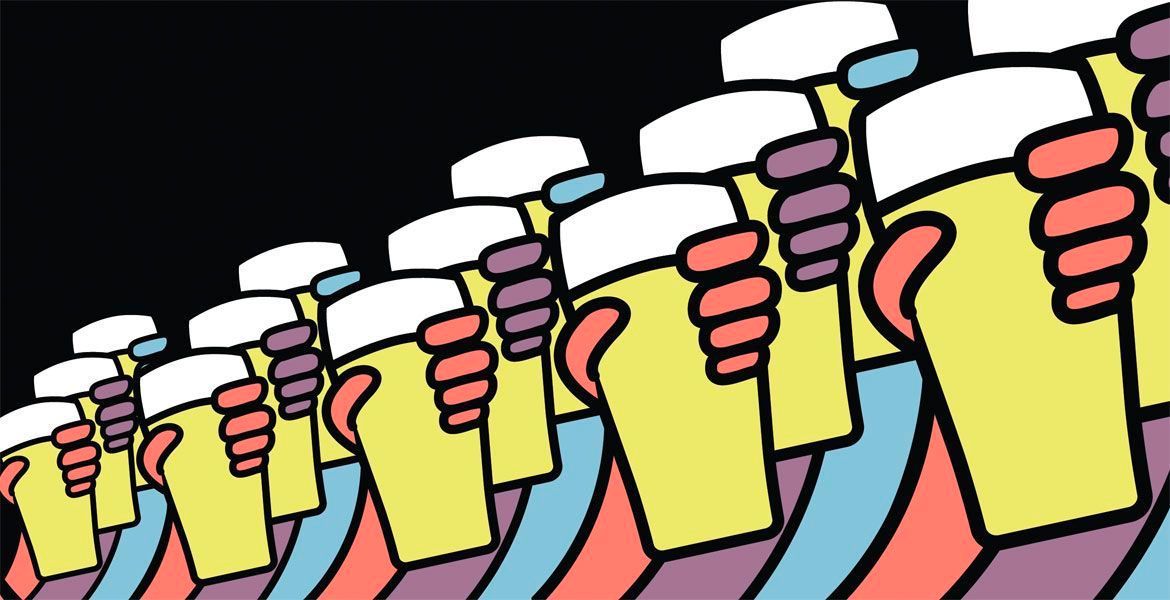
MEDIA RELEASE: BEER AGENTS FOR CHANGE: INDUSTRY DIVERSITY SURVEY
Following the beer industry’s global #MeToo reckoning in 2021, Beer Agents for Change was formed by a group of experienced industry professionals. To solve a problem, or to even make changes that will be effective, it is important to continue to quantify and qualify the issues that exist. The group wanted to understand the experiences of those employed in the beer industry in Australia and a survey was undertaken. The results, released late last year, were illuminating and revealed problematic issues.
With a view to present this survey annually, Beer Agents for Change are back with a follow up survey to take a snapshot of people’s experiences in the last 12 months. The survey has been created for everyone employed in the beer industry to collect data from those working in every aspect of beer – from brewery owners to brewers, accountants, sales reps and bartenders – it is for everyone to add their experience to.
Change will be difficult, but benchmarking progress to make sure it is moving in the right direction is an important building block.
The data from this survey will be anonymous, consolidated and shared, with a view to continue on an annual basis and track improvement.
While the road to equality will be a long one, every step in the right direction matters. With this in mind, Beer Agents for Change was formed in 2021 by a group of women with more than fifty years of experience in the beer industry between them. They act under @beeragentsforchange on Instagram. They have set out to work with the industry to provide a more inclusive space for all within craft beer through four pillars – Internal training and guidelines, a united industry front, third party reporting and commitment to inclusivity.
You can find the Diversity Survey here. We thank you for your honesty and commitment to making change in the Australian beer
industry. All data collected will be anonymous and confidential, and used for industry insight. For more information, please contact:
- Beer Agents For Change email: beeragentsforchange@gmail.com.au
- Instagram: @beeragentsforchange
RESOURCES:
- If you or someone you know is impacted by sexual assault, family or domestic violence, call 1800 RESPECT (188 737 732), the national sexual assault, domestic family violence counselling service. You can visit the RESPECT website here. The organisation recommends using their website in private browsing mode.
- You can also call the Sexual Assault Crisis Line on 1800 806 292.
- A list of state- and territory-based support organisations can be found on the Australian Human Rights Commission website here.
- Any men reading this series of articles who would like support or more information can call the No To Violence Men's Referral Service on 1300 766 491.
- There are also valuable resources available via The Men's Project from Jesuit Social Services.
- You can find information on workplace sexual harassment on the Safe Work Australia website.
- Plus a wealth of information in the Respect@Work report.
- The MATE project, run by Griffith University, focuses on the bystander approach – what we can all do to prevent violence in our homes, workplaces, schools and communities.



